Big lobsters cost more in Maine than in Massachusetts due to a confluence of geographical, ecological, and regulatory factors.
Maine’s reputation for producing top-quality lobsters is rooted in its cold Gulf of Maine waters, where the slow growth of lobsters results in a sweeter taste and firm texture.
The state’s commitment to sustainability is evident in stringent lobster harvesting regulations, including size restrictions and v-notching practices to protect breeding females.
These measures, while ensuring the long-term health of lobster populations, contribute to a more controlled and limited supply, influencing market prices.
Moreover, Maine’s lobster industry has become synonymous with excellence, attracting both local and global demand.
The tourism sector further amplifies this demand, as visitors seek to indulge in the iconic Maine lobster experience.
In contrast, Massachusetts, while also boasting a robust lobster industry, faces different market dynamics. Its extensive coastline provides an abundant lobster supply, allowing for a more accessible market.
The interplay of these factors sheds light on why big lobsters command higher prices in the lobster-rich state of Maine compared to Massachusetts. Stay sharp.
Why Do Big Lobsters Cost More in Maine Than in Massachusetts?
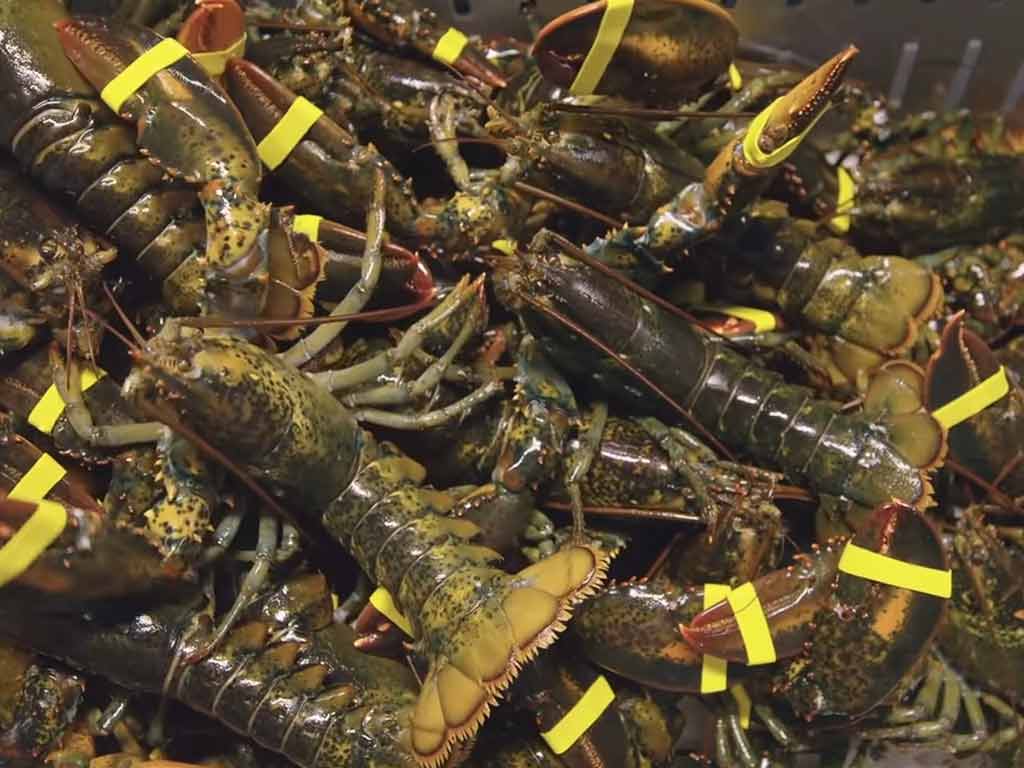
Big lobsters may cost more in Maine than in Massachusetts due to various factors. Firstly, Maine is renowned for its high-quality lobsters, often considered superior in taste and texture.
The state’s stringent lobster harvesting regulations contribute to sustainability, ensuring a more limited and controlled supply, which can drive up prices.
Additionally, Maine’s colder waters result in slower lobster growth, leading to larger and potentially more desirable specimens.
Local demand and the tourism industry’s impact in Maine may also play a role, as the state attracts lobster enthusiasts and foodies willing to pay a premium. In contrast, Massachusetts may have a more abundant lobster supply, impacting pricing dynamics.
A combination of factors, including quality, sustainability practices, demand, and local economics, contribute to the price disparity between big lobsters in Maine and Massachusetts.
The Maine Lobster Industry
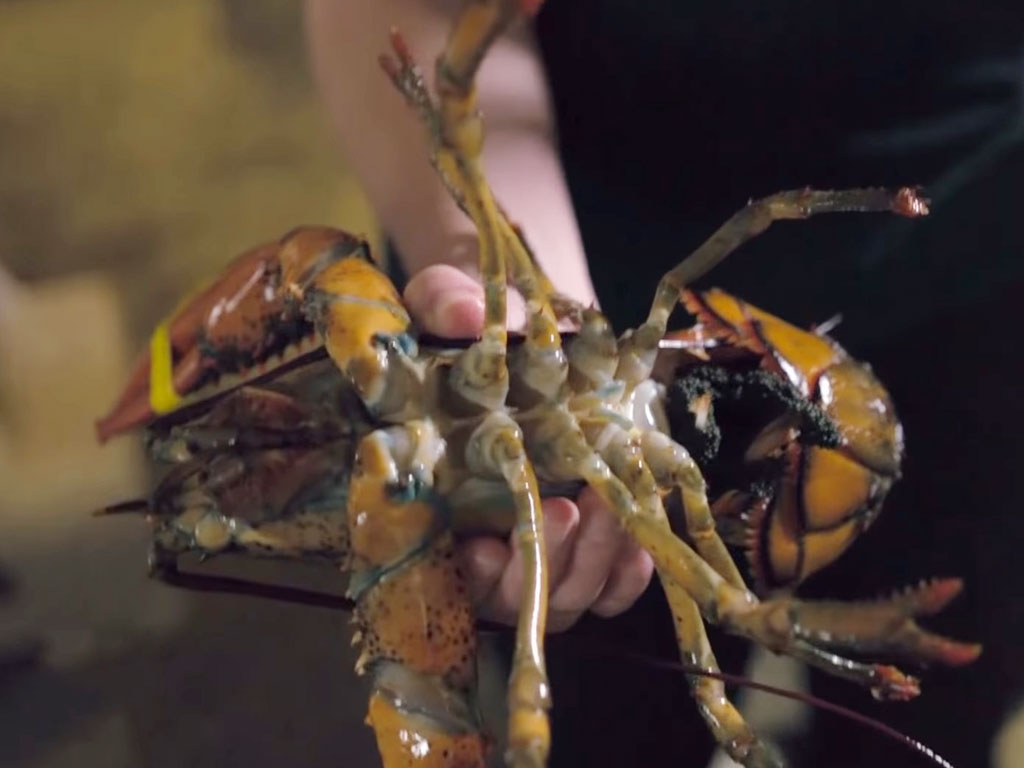
The Maine lobster industry is known for its robust sustainability practices. The state enforces strict regulations to ensure the long-term health of lobster populations.
Measures such as size restrictions, v-notching (marking female lobsters to protect them during breeding), and trap limits contribute to sustainable harvesting and maintain the ecological balance of the lobster habitat.
Quality of Lobsters
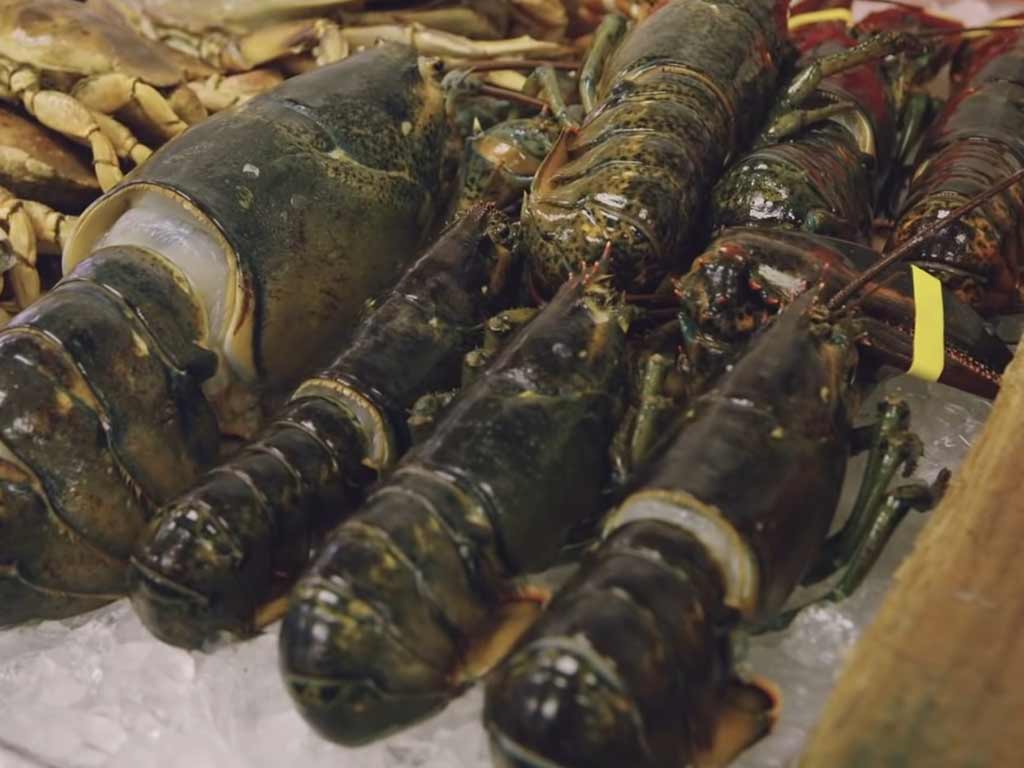
Maine is celebrated for producing high-quality lobsters. The cold waters of the Gulf of Maine contribute to slow lobster growth, resulting in firmer meat and a sweeter taste.
The industry’s commitment to quality has established Maine lobsters as a premium product, commanding higher prices in domestic and international markets.
Economic Impact
The lobster industry is a vital component of Maine’s economy. It provides employment opportunities for thousands of people, including lobster harvesters, processors, and those involved in the distribution chain.
Lobstering is not just a job; it’s deeply ingrained in the state’s culture, contributing significantly to the identity and livelihoods of many coastal communities.
Tourism and Culinary Appeal
Maine’s lobster industry benefits from the state’s tourism sector. Visitors flock to coastal areas to savor fresh Maine lobster, driving demand and supporting local businesses.
The iconic lobster roll and traditional lobster bakes have become culinary attractions, further enhancing the industry’s prominence and economic impact.
Challenges and Adaptations
While the Maine lobster industry thrives, it faces challenges such as fluctuating lobster prices, climate change impacts on ocean conditions, and potential shifts in lobster distribution patterns.
Industry stakeholders continuously adapt, exploring innovative solutions and collaborations to address these challenges and sustain the long-term viability of Maine’s lobster industry.
The Massachusetts Lobster Scene
The Massachusetts lobster scene is characterized by its diverse coastal regions and a thriving lobster industry. Here are key points that highlight the Massachusetts lobster scene:
Abundant Lobster Supply
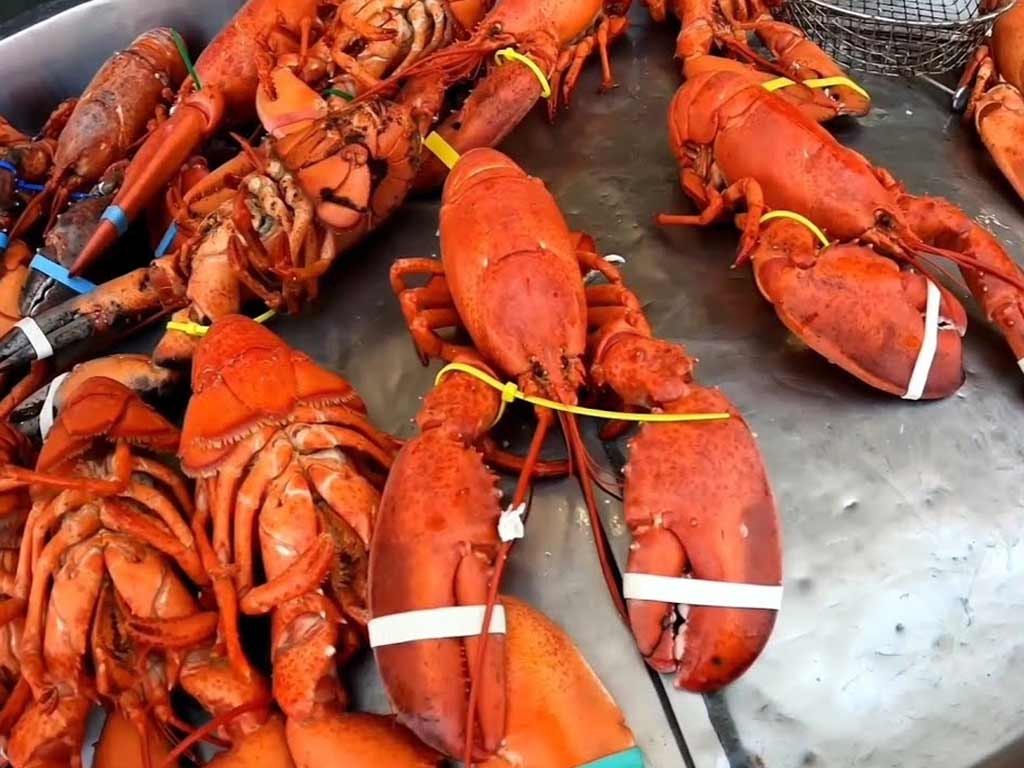
Massachusetts boasts a substantial lobster population, with lobsters found along its extensive coastline. The state’s proximity to the Gulf of Maine and the Atlantic Ocean provides ideal conditions for lobster habitats.
This abundance contributes to a steady and significant supply of lobsters, influencing pricing dynamics within the local and regional markets.
Commercial Importance
Lobster fishing is a crucial component of Massachusetts’ commercial fishing industry.
Local lobstermen contribute significantly to the state’s economy, providing employment opportunities and supporting coastal communities.
Lobstering is a traditional profession with a cultural significance that resonates along the Massachusetts shoreline.
Variety of Lobster Culinary Offerings
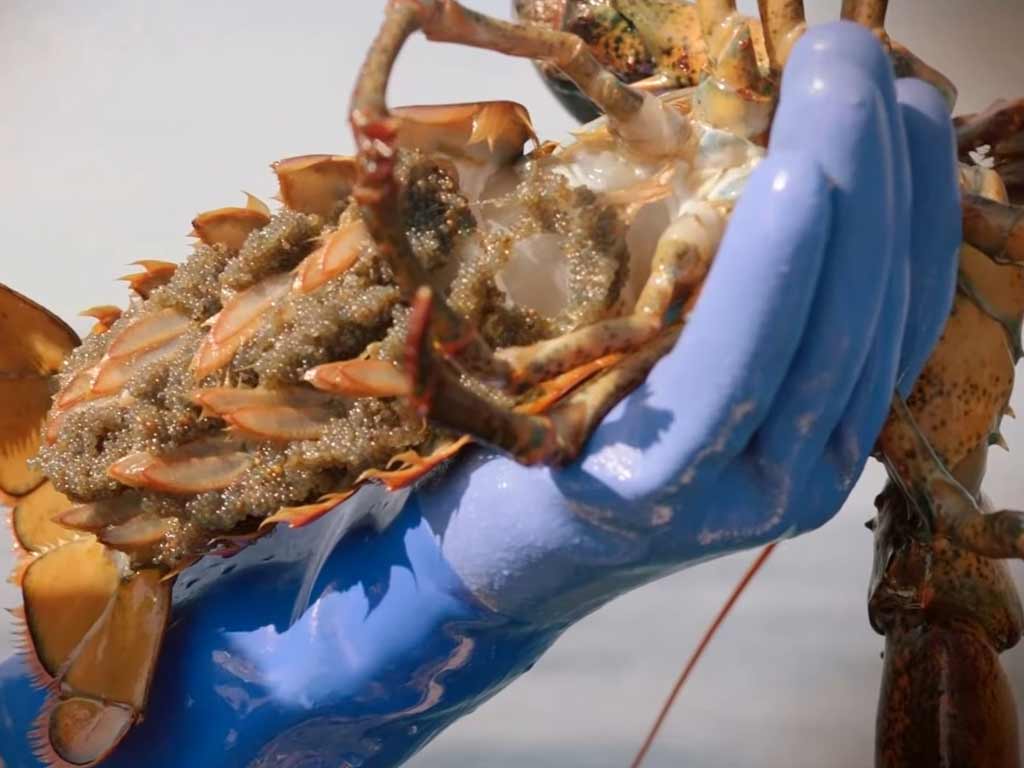
Massachusetts offers a diverse range of culinary experiences centered around lobster.
From classic lobster rolls to innovative lobster dishes served in coastal restaurants, the state’s culinary scene showcases the versatility of this seafood.
Local chefs often emphasize the freshness and quality of Massachusetts lobsters in their creations.
Regulatory Framework
Massachusetts, like Maine, implements regulations to manage lobster harvesting and ensure sustainability.
These regulations include size restrictions, escape vents in lobster traps, and seasonal closures to protect the breeding stock.
The state’s commitment to sustainable practices helps maintain a healthy lobster population and supports the long-term viability of the industry.
Impact of Tourism
Tourism plays a role in the Massachusetts lobster scene, particularly in coastal areas. Tourists and locals alike indulge in lobster-centric festivals, seafood events, and waterfront dining experiences.
The accessibility of fresh, locally caught lobsters contributes to the overall appeal of Massachusetts as a seafood destination.
Massachusetts enjoys a rich lobster scene characterized by a robust lobster industry, diverse culinary offerings, and a commitment to sustainable practices.
The abundance of lobsters along its coastline contributes to the state’s economic and cultural identity, making lobster a significant part of Massachusetts’ maritime heritage.
Is Lobster Better in Maine or Massachusetts?
The debate over whether lobster is better in Maine or Massachusetts often comes down to personal preferences and regional loyalties.
Both states have distinct characteristics that influence the taste and quality of their lobsters:
Maine
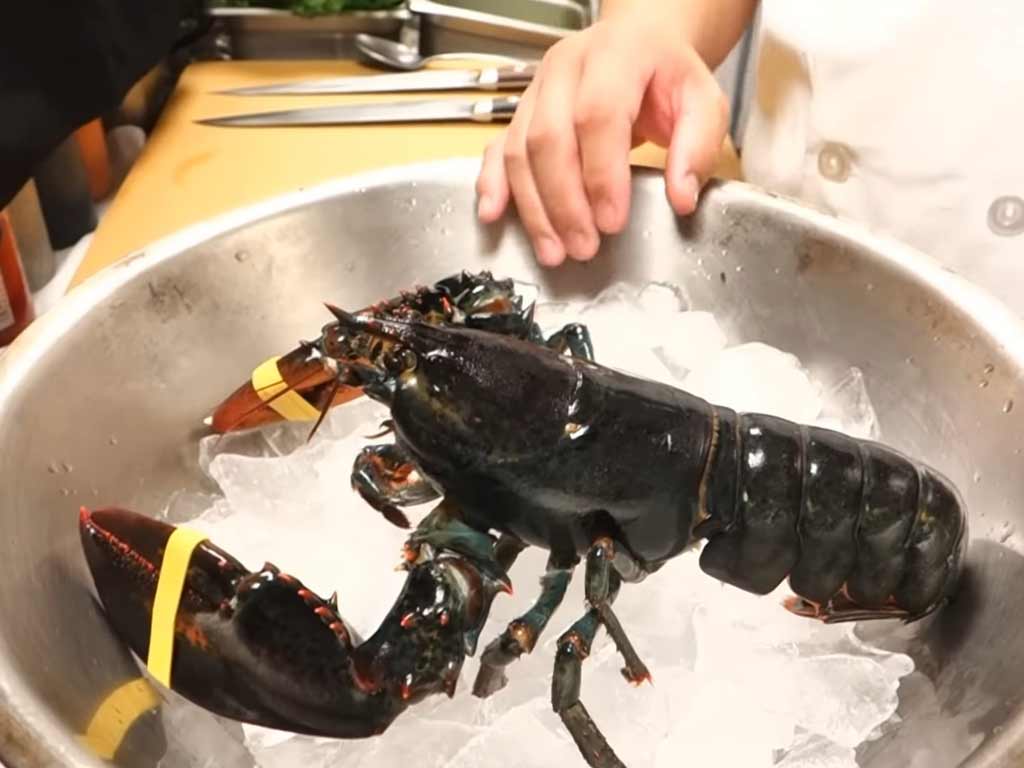
- Flavor Profile: Lobsters from Maine are renowned for their sweet and tender meat. The cold waters of the Gulf of Maine contribute to slower growth, resulting in a firmer texture and a sweeter taste.
- Sustainability Practices: Maine has stringent regulations in place to ensure sustainable lobster harvesting, which may contribute to the overall health and quality of the lobster population.
- Culinary Reputation: Maine has built a strong culinary reputation around its lobsters, with iconic dishes like lobster rolls and traditional lobster bakes. The state’s lobster-centric festivals and events celebrate the seafood culture.
Massachusetts
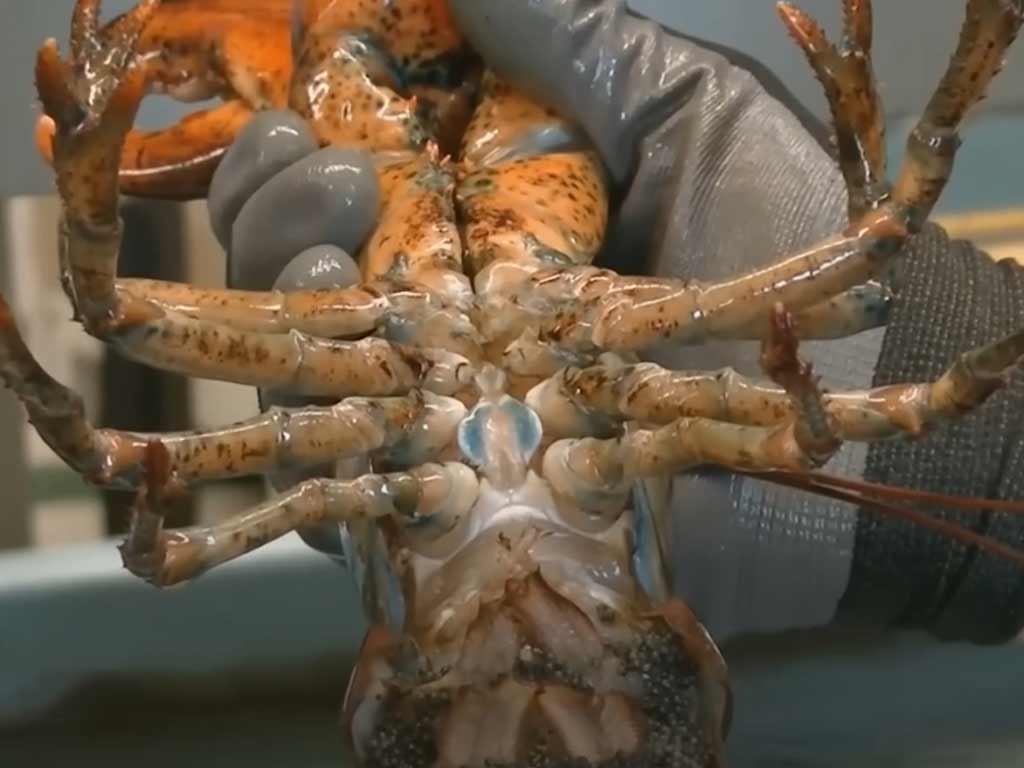
- Abundant Supply: Massachusetts also has a plentiful lobster population, offering a consistent and readily available supply of lobsters along its extensive coastline.
- Culinary Diversity: Massachusetts’ diverse culinary scene incorporates lobsters into various dishes, showcasing the versatility of this seafood. Local chefs experiment with different preparations beyond the classic lobster roll.
- Cultural Significance: Lobster fishing holds cultural significance in Massachusetts, with a strong tradition of coastal communities relying on lobstering for their livelihoods.
Whether lobster is “better” in Maine or Massachusetts is subjective and depends on individual taste preferences.
Some may prefer the sweetness and texture of Maine lobsters, while others may appreciate the culinary diversity and accessibility of lobsters in Massachusetts.
The best way to decide is to experience both and savor the unique qualities each state brings to its lobster offerings.
Maine Lobster Myths You Shouldn’t Believe
Maine lobsters are a delicious and iconic seafood, but there are many myths and misconceptions about them. Here are some of the most common ones and why you shouldn’t believe them.
Lobsters Mate for Life
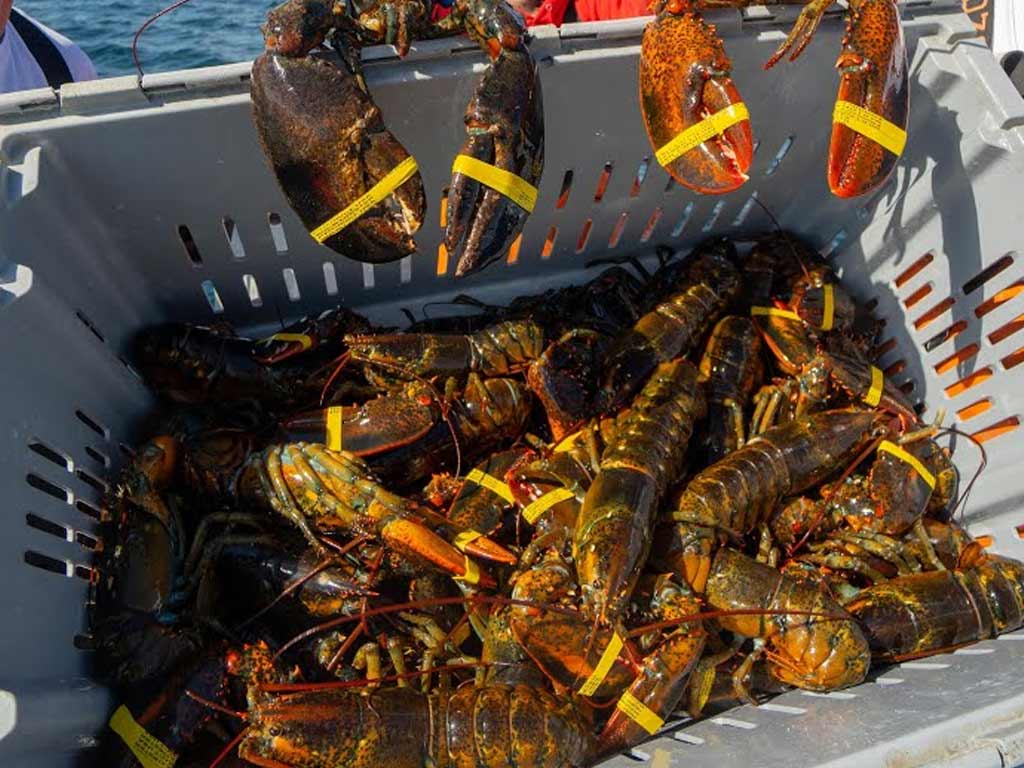
This is a romantic notion, but not true. Lobsters are not monogamous and will mate with multiple partners during their reproductive season. A male lobster can fertilize several females in his territory.
Lobsters Are Immortal
Lobsters can live for over a hundred years, but they are not immune to death. They can die from natural causes, such as shell disease, predators, or fishing.
They also have to molt their shells periodically, which becomes harder and riskier as they grow older.
Female Lobsters Are Better Than Male Lobsters
The sex of the lobster does not affect the quality or taste of the meat.
The only difference is that female lobsters may have roe, or unfertilized eggs, which some people enjoy as a delicacy. Male lobsters have larger claws, but that does not mean more meat.
Lobsters Scream When Boiled
Lobsters do not have vocal cords or lungs, so they cannot scream. The sound you may hear when cooking lobsters is steam escaping from their shells. Lobsters have a simple nervous system and do not feel pain like humans do.
Lobsters Are Red
Lobsters come in a variety of colors, such as blue, yellow, green, brown, or orange.
They only turn red when cooked, because the heat breaks down the proteins that bind to a pigment called astaxanthin in their shells. Astaxanthin is also found in shrimp, salmon, and flamingos.
FAQs
Are there quality differences between lobsters from Maine and Massachusetts?
Yes, there are quality differences. Maine lobsters are known for their sweet and tender meat due to the cold Gulf of Maine waters.
While Massachusetts also has quality lobsters, regional factors, such as water temperature and harvesting practices, contribute to distinct flavor profiles.
How do regulations impact lobster prices in Maine?
Maine’s stringent regulations, including size restrictions and v-notching for breeding females, contribute to sustainable lobster harvesting.
While these measures ensure the long-term health of lobster populations, they also limit the overall supply, influencing prices and maintaining the quality of the catch.
Does tourism play a role in the pricing of lobsters in Maine?
Yes, tourism influences lobster prices in Maine. The state’s reputation for high-quality lobsters attracts lobster enthusiasts and tourists, driving up demand.
The tourism industry’s impact on the market, coupled with the state’s commitment to sustainability, contributes to the premium pricing of big lobsters in Maine.
How does Massachusetts maintain a competitive lobster market despite lower prices?
Massachusetts maintains a competitive lobster market due to its abundant lobster supply along the extensive coastline.
While prices may be lower than in Maine, the accessibility and variety of lobsters contribute to a thriving industry. Culinary diversity and a strong local demand also play key roles in the market’s competitiveness.
Wrapping Up
The pricing disparity of big lobsters between Maine and Massachusetts is multifaceted.
Maine’s commitment to sustainability, stringent regulations, and the unique qualities of its cold waters contribute to a limited supply and elevated prices.
The state’s lobster industry thrives on a reputation for high-quality, sweet-tasting lobsters, attracting both local and international demand.
Massachusetts, with its abundant lobster population, offers a more accessible market, maintaining competitiveness through culinary diversity and a strong coastal tradition.
The lobster market dynamics in both states reflect a delicate balance between ecological responsibility, economic considerations, and regional culinary preferences. Thank you so much.
Timothy Russell Dewart